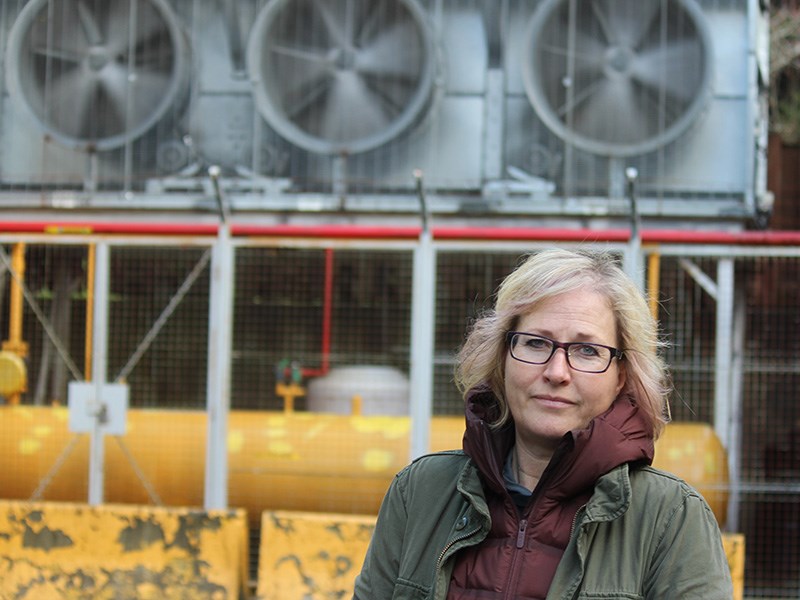Keeping the global perspective on climate change is important but it is the little things that matter, according to City of Powell River sustainability consultant Anastasia Lukyanova.
“At the end of the day it's the actions of little communities like ours that are going to add up,” said Lukyanova. “We hear the world leaders say that it's been the municipal and local governments that have the most power to make real change happen.”
The city is putting more emphasis on that change with the new Climate Change Adaptation and Mitigation Portfolio headed by councillor CaroleAnn Leishman.
Leishman said the city’s general climate change plan targets a reduction in carbon emissions to 30 or 40 per cent by 2032.
In its recently announced CleanBC plan, the province upgraded its targets to 40 per cent by 2030, 60 per cent by 2040 and 80 per cent by 2050. All new buildings will be net-zero energy by 2032 and by 2040 all new cars must be zero emission.
“That's essentially what we've bought into," said Leishman. “We've signed onto that.”
As a municipality, Lukyanova said Powell River has a lot of opportunities to improve on energy efficiency and reduce carbon emission levels. According to her report to city council in July, emissions from all city operated buildings, fleet and equipment in 2017 was 1,923 tonnes, and cost the city $1,662,442.
“There's been a lot of great groundwork done,” said Lukyanova. “We've done all the energy studies; we had a lighting audit done in 2014/2015. We have an excellent community emission plan and a carbon-neutral action plan. But there hasn't been as much action on those plans as there could have been.”
Powell River Recreation Complex stands out as the biggest drain on energy efficiency, costing taxpayers $338,000 annually, according to Lukyanova’s report.
After a recent visit by an energy consultant, it was found that energy savings and efficiencies can be increased by using the ice plant to heat fresh air coming into the building.
“Our buildings have a lot of room for improvement,” said Lukyanova, referring to city-owned facilities.
According to Leishman, the only way the city can start reducing its overall energy footprint is through the incremental BC Energy Step Code, which is currently a voluntary provincial standard for new buildings.
“We have to start getting onboard with adopting the energy step code, pushing up to the higher levels,” said Leishman. “It would be great if Powell River got onboard for that sooner rather than later so when the province does mandate it and we have to go into the energy step code at say, step three, it's not going to be a big shock to everyone.”
Currently, developers are required by the city to install wiring for solar energy and installation for electric-vehicle charging stations in new homes.
There's definitely a gap between political will and the will of the public, according to Leishman.
“Unless things are in policy and actually mandated they quite often do not happen,” said Leishman. “Some of these plans have been sitting on the shelf until people have been bringing actions forward and forcing things to happen.”
The city has to clean its own house before telling residents what to do, according to Lukyanova.
“That's a good starting point for us,” she said. “Once we can do these projects and show the savings we are achieving, maybe that gets people in the community thinking about cost savings.”
Those savings could come in January when council is expected to receive a report on incentives to help reduce property owner costs and increase energy efficiency while reducing carbon emissions.



